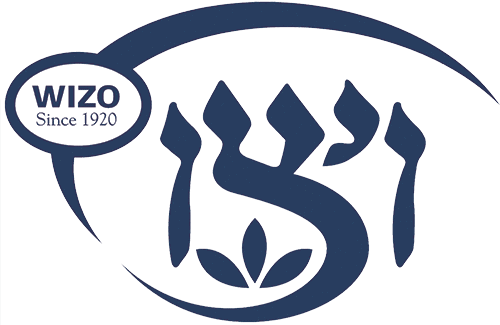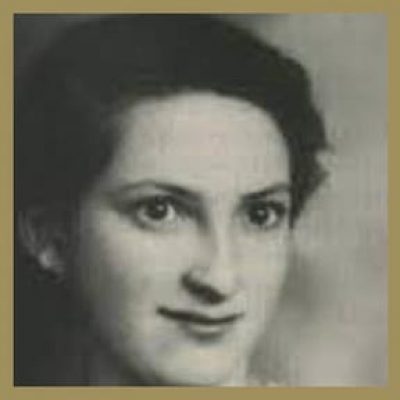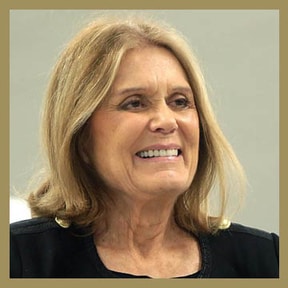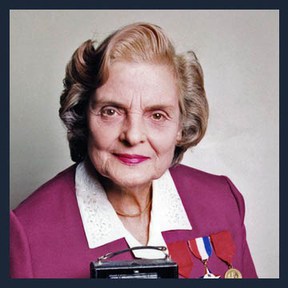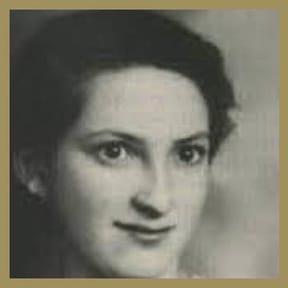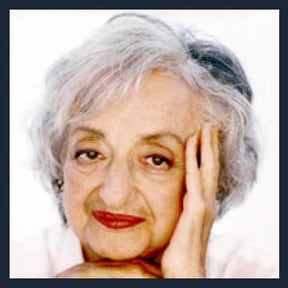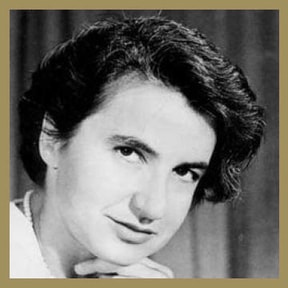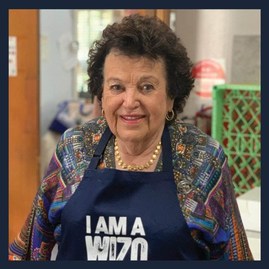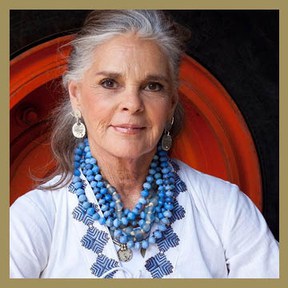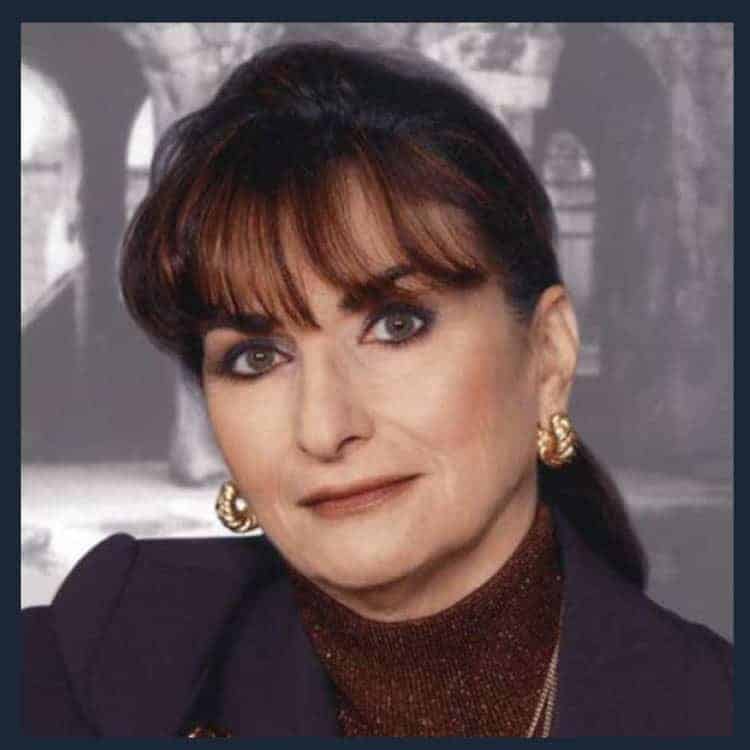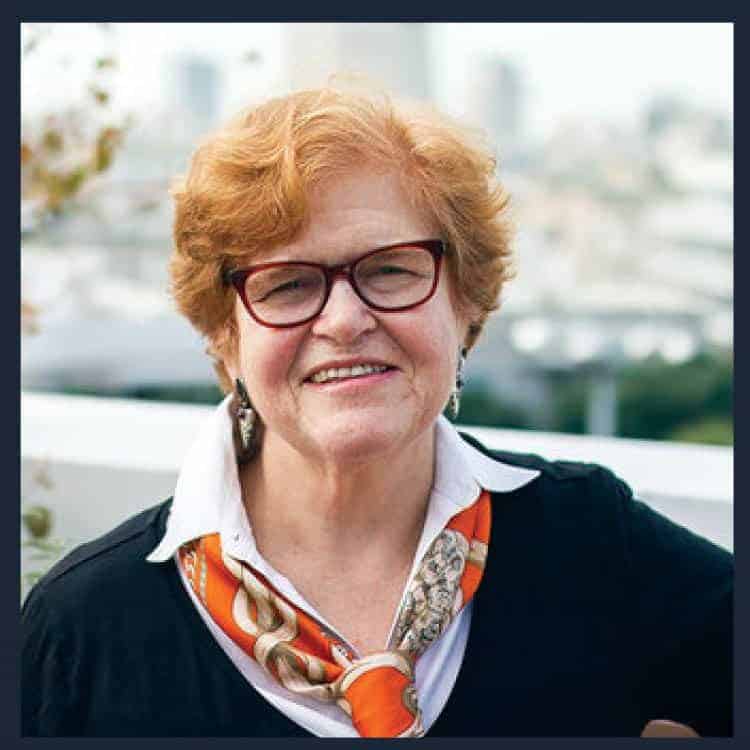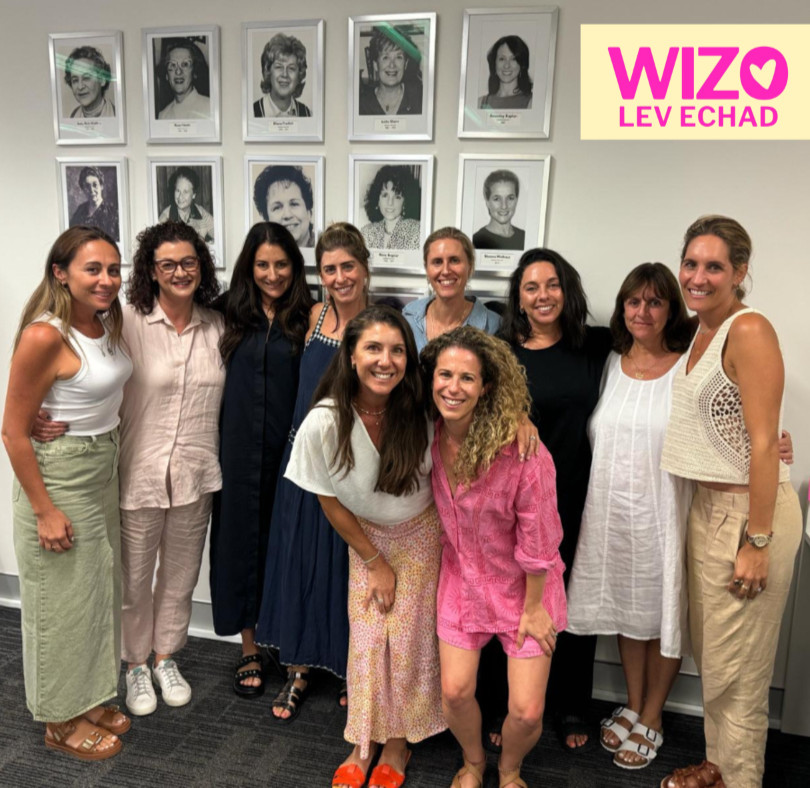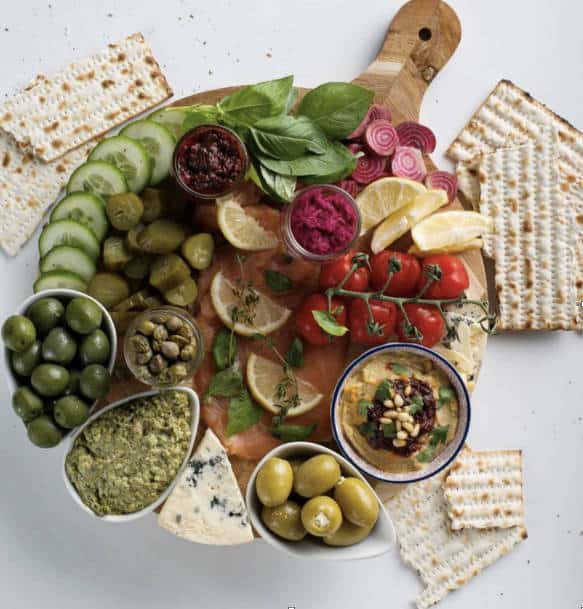
70. Vitka Kempner
100 Women of Influence
Vitka was born in 1920 in Poland to observant Jewish parents. Vitka was 19 when the Germans invaded Poland and fled to Lithuania. When Lithuania fell to the Germans, Vitka and tens of thousands of other Jews were forced into a ghetto. There she met Korczak and Kovner, both leaders of the Revisionist (Zionist) militant group in Betar. For many years they engaged in the anti-Nazi struggle of sabotage including blowing up Nazi trains and guiding groups of Jewish fighters into the forest to hide. She and her compatriots smuggled weapons through the city’s sewer system. They destroyed Vilnius’s power and water systems, operating in secret and looting peasant homes to stay alive. They lived in the forest for nine months until Vilnius was occupied by the Soviet forces, aided by the Partisans. She became one of Kovner’s closest lieutenants. Later in 1945 she formed the Organisation of Eastern European Survivors to help evacuate Jews from Eastern Europe. She and Kovner continued their struggle against the Nazis and in 1946 She infiltrated a bakery that supplied bread for Nazi POW’s in Nuremberg. They coated 2,300 loaves of bread with arsenic before a guard was alerted and they were forced to flee. Many of the POW’s fell ill but none were reported dead.
Kempner and Kovner married in 1946. In the same year they moved to British Palestine, where they had two children. Kovner became a poet, and Kempner and clinical psychologist. They had 40 years together before Kovner died in 1987. Kempner died in her home in 2012.
